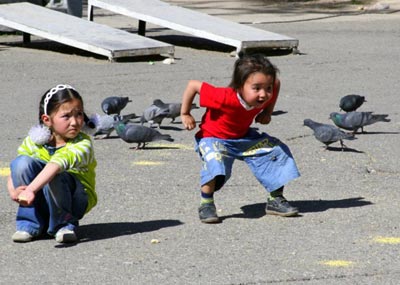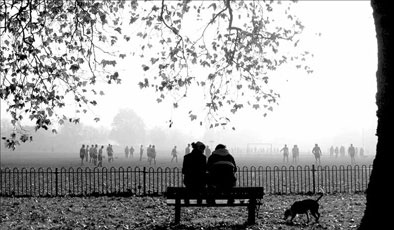
Do we need a revolution to change the world? It is suggested that the most effective way to change the world is to begin by changing ourselves. If these ideas gained greater acceptance, the world would unmistakably change for the better.
The Power of Love and the Love of Power.
When we love power, we seek to control other people, we seek to assert our supremacy. This love of power inevitably creates tension, conflict and disputes. The power of love does not seek to assert its supremacy; it seeks to create a feeling of oneness. When there is real love, we see our ‘enemy’ as merely an extended aspect of our own reality.
Oneness not division
Do we find reasons to always divide and separate ourself from other people? If someone makes a mistake we can take two different approaches:
- The first is to judge and condemn them; we can have a feeling of moral superiority that we didn’t do that.
- The other option is to feel that this is a mistake we could easily have made ourselves. With this approach, we have a feeling of oneness with others; we cannot get any joy from someone else’s misfortune so we wish to maintain a forgiving attitude.
Peace
To hope for peace is a beginning. To talk about peace is good. But, if people value peace more than anything else, what will we lose and what will we gain? We will losing our teeming conflict, misery and suffering. We will gain tremendous satisfaction and happiness. The nature of peace is to spread; when we have inner peace we will help spread peace to other people. But, if within we have only dissatisfaction and inner turmoil, this is what we will extend to the rest of the world.
“The greatest misfortune that can come to a human being is to lose his inner peace. No outer force can rob him of it. It is his own thoughts, his own actions, that rob him of it.”
Sri Chinmoy (1)








